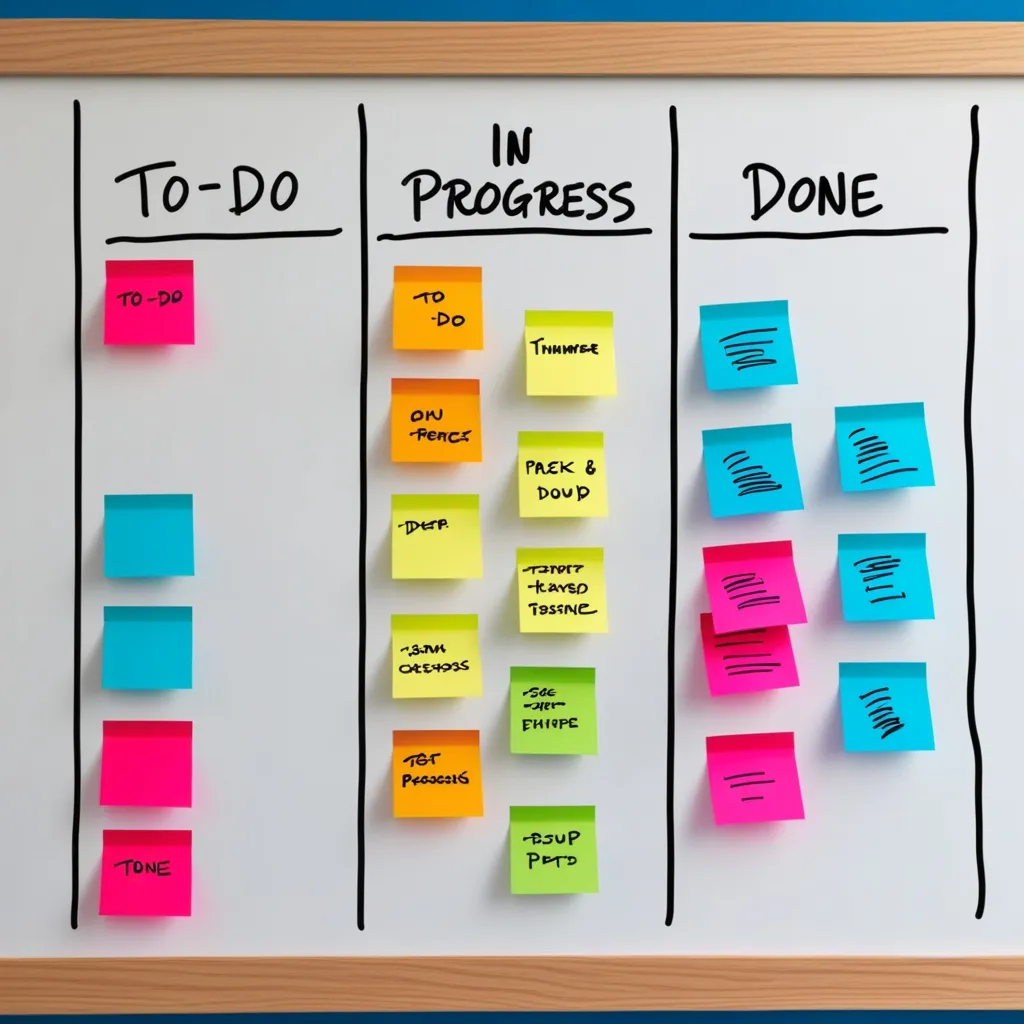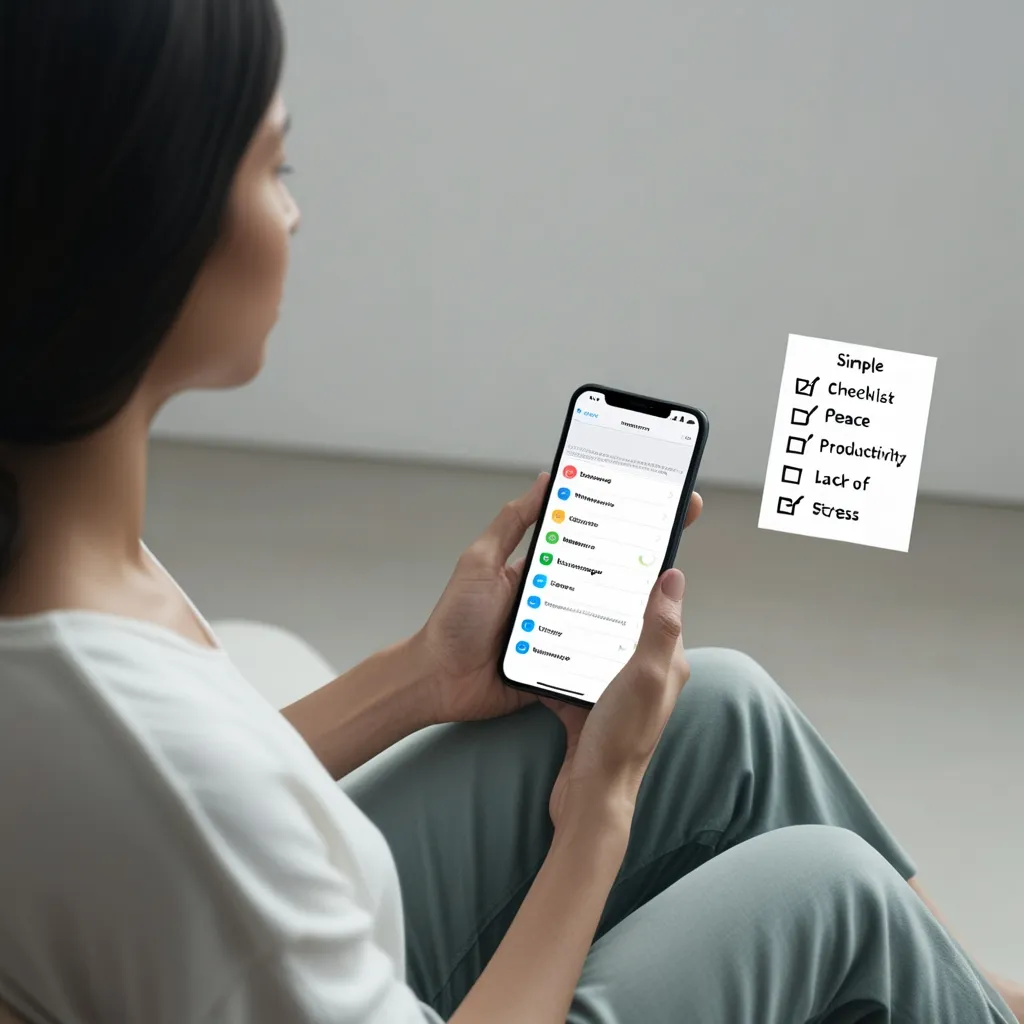Mastering Focus in a World of Distractions
In today’s fast-paced, tech-driven world, staying focused can feel like an uphill battle. With constant notifications, endless to-do lists, and the pressure to multitask, it’s no wonder many of us struggle to concentrate on important tasks. But don’t worry, there’s hope! By implementing a few simple strategies, you can train your brain to tune out the noise and zero in on what really matters.
Let’s start with the big one: eliminating distractions. It sounds obvious, but how many of us actually do it? Next time you sit down to work, try this: put your phone in another room, close those unnecessary browser tabs, and find a quiet spot to hunker down. You might be surprised at how much more you can accomplish when you’re not constantly fielding WhatsApp messages or checking your Instagram likes.
Now, I know what you’re thinking. “But I need my phone for work!” Fair enough. If that’s the case, consider using app blockers or turning off notifications for non-essential apps during your work hours. Trust me, those cat videos will still be there when you’re done.
Time management is another crucial piece of the focus puzzle. Have you heard of the Pomodoro Technique? It’s a game-changer. The idea is to work in 25-minute bursts, followed by a 5-minute break. After four of these cycles, you take a longer break of 20-30 minutes. It might sound a bit rigid, but give it a shot. You’d be amazed at how much you can accomplish in those focused 25-minute chunks.
Speaking of time management, let’s talk about prioritization. At the start of each day, try jotting down the three to five most important tasks you need to tackle. This helps you focus on what really matters, instead of getting bogged down in busy work. It’s like having a roadmap for your day – you know exactly where you’re headed and what needs to get done.
Now, I know we just talked about working hard, but here’s a counterintuitive tip: take breaks. Yep, you heard that right. Regular breaks are crucial for maintaining focus. When you work non-stop, your brain gets tired, and your productivity takes a nosedive. So, every hour or so, step away from your desk. Stretch, grab a snack, or take a quick walk around the block. Your brain will thank you, and you’ll come back to your tasks with renewed energy and clarity.
While we’re on the topic of taking care of yourself, let’s chat about hydration and nutrition. Your brain needs fuel to function at its best. Skipping meals or relying too heavily on caffeine might seem like a good way to power through your work, but it’s actually counterproductive. Make sure you’re eating balanced meals and snacking on brain-boosting foods like nuts, fruits, and veggies. And don’t forget to drink plenty of water throughout the day. A well-hydrated brain is a focused brain!
Your work environment plays a huge role in your ability to focus. A cluttered desk can lead to a cluttered mind, so take a few minutes to tidy up your workspace. If you’re working in a noisy environment, consider investing in some noise-canceling headphones. They can be a real lifesaver in open-plan offices or busy households. And if you’re working from home, try to set up a dedicated workspace. It doesn’t have to be fancy – even a corner of your dining table can work. The key is to have a space that signals to your brain that it’s time to focus.
Now, let’s delve into some mental strategies for improving focus. Mindfulness and meditation might sound a bit woo-woo, but hear me out. These practices can do wonders for your concentration. Even just a few minutes of meditation each day can help clear your mind and prepare you for the tasks ahead. It’s like hitting the reset button on your brain.
Physical exercise is another powerful tool for boosting focus. I know, I know – you’re probably thinking, “I barely have time to work, let alone exercise!” But here’s the thing: even a short burst of physical activity can make a big difference. A quick walk around the block or a few jumping jacks can get your blood flowing and wake up your brain. Plus, regular exercise has been shown to improve overall cognitive function. So lace up those sneakers and get moving!
Here’s a tip that might surprise you: pay attention to your natural rhythms. We all have times of day when we’re naturally more alert and focused. For some, it’s early morning; for others, it’s late at night. Figure out when you’re at your best and schedule your most important tasks during those hours. If you’re a night owl, there’s no point in forcing yourself to tackle complex projects at 7 AM. Work with your body, not against it.
Now, let’s talk about a habit that many of us are guilty of: multitasking. Despite what you might think, juggling multiple tasks at once doesn’t make you more productive. In fact, it does the opposite. Every time you switch between tasks, your brain needs time to refocus, which slows you down. Instead, try focusing on one task at a time. You’ll likely find that you complete each task more quickly and with fewer errors.
Here’s a fun trick: create a focus ritual. This could be something as simple as brewing a cup of coffee or putting on a specific playlist. The idea is to signal to your brain that it’s time to buckle down and focus. Over time, this ritual can become a powerful trigger for concentration.
Let’s not forget about those pesky internal distractions. You know, the ones that pop into your head just when you’re trying to focus? Try keeping a “brain dump” sheet nearby. Whenever a random thought or worry pops up, jot it down and get back to work. This way, you’re acknowledging the thought without letting it derail your focus.
Finally, remember to be realistic and flexible. Rome wasn’t built in a day, and your big project won’t be either. Set achievable goals and be willing to adjust your schedule if needed. Putting too much pressure on yourself can actually hinder your ability to focus.
In the end, staying focused is a skill that takes practice. Don’t get discouraged if you don’t see results overnight. Keep at it, experiment with different strategies, and find what works best for you. With time and persistence, you’ll be amazed at how much you can accomplish when you learn to tune out the distractions and zero in on what really matters. So go ahead, give these techniques a try. Your focused, productive self is waiting to emerge!






